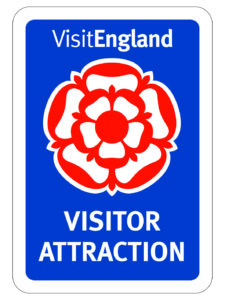photograph
LMGLM:1996.168
Summary: photograph, copy photograph of Mr and Mrs Rickman of Wootton, Rhinefield, Hampshire, perhaps about 1890Identification note: Mr and Mrs Rickman look very prosperous in this studio portrait of the late 19th century however, for many agricultural workers life was hard. During the 18th and 19th centuries the majority of agricultural workers lived on less...
Description
Summary: photograph, copy photograph of Mr and Mrs Rickman of Wootton, Rhinefield, Hampshire, perhaps about 1890
Identification note: Mr and Mrs Rickman look very prosperous in this studio portrait of the late 19th century however, for many agricultural workers life was hard. During the 18th and 19th centuries the majority of agricultural workers lived on less than £1 a week. It was not a living wage and as William Cobbett reported in his investigation ‘Rural Rides’ he exposed the condition of many agricultural workers. When corn prices were high, people faced starvation and frequently rioted. Many families on low incomes only survived with the help of hand outs from their parish in the form of food, clothing or health care. Some families went in and out of the poor house depending on whether any seasonal employment was available. Wages varied across the country throughout the 19th century. They were frequently higher in northern England, because farmers were competing with factory wages. In 1770 the typical weekly wage in southern England was said to be 7/6d, by 1824 it averaged 8/- per week. By 1867 the average wage of a Hampshire farm labourer was around 10/- per week, and this figure rose to 12/- by 1881. However, the purchase of everyday essential items, such as bread, tea, sugar, butter, fuel, candles, soap and clothes, together with rent, outstripped these figures, and by 1907, in a survey published by Seebohm Rowntree and Mary Kendall, they concluded that the weekly minimum need for a family of 2 adults and 3 children living in Hampshire, was 20/6d, against a income of 17/- to 18/- for the average agricultural worker. The expenditure figure didn’t allow tobacco, beer, amusements, railway fares or luxuries of any kind.








